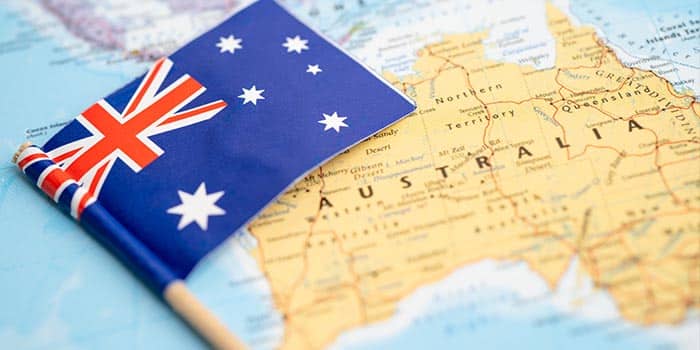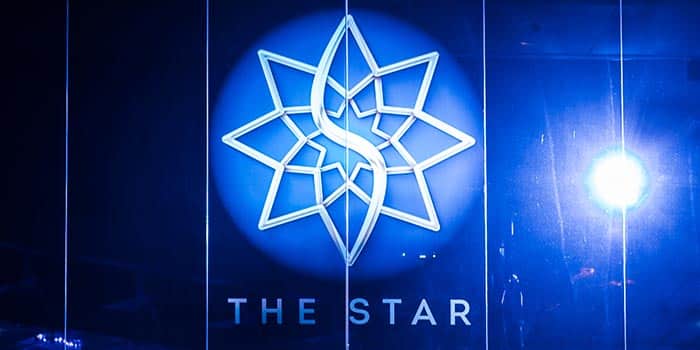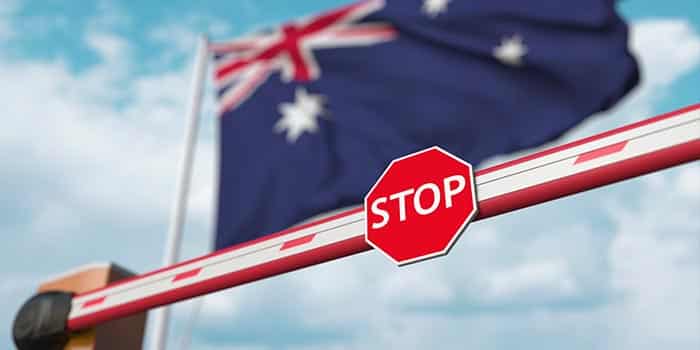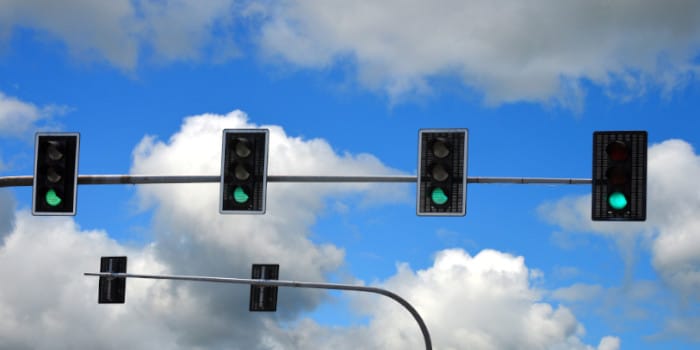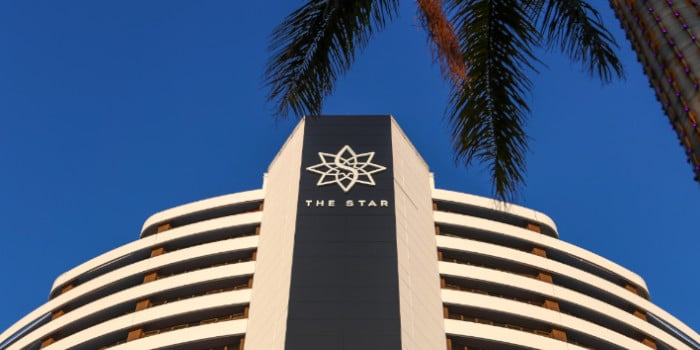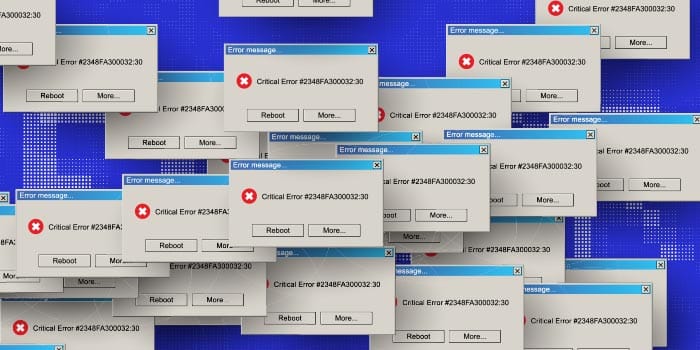- Casino
- By State
- Alabama
- Alaska
- Arizona
- Arkansas
- California
- Colorado
- Connecticut
- Delaware
- Georgia
- Florida
- Hawaii
- Idaho
- Illinois
- Indiana
- Iowa
- Kansas
- Kentucky
- Louisiana
- Maine
- Massachusetts
- Maryland
- Michigan
- Minnesota
- Mississippi
- Missouri
- Montana
- Nebraska
- Nevada
- New Hampshire
- New Jersey
- New Mexico
- New York
- North Carolina
- North Dakota
- Ohio
- Oklahoma
- Oregon
- Pennsylvania
- Rhode Island
- South Carolina
- South Dakota
- Tennessee
- Texas
- Utah
- Vermont
- Virginia
- Washington
- West Virginia
- Wisconsin
- Wyoming
- By State
- Slots
- Poker
- Sports
- Esports
Australian Regulator Self-Exclusion System Failed 48 Problem Gamblers
The Northern Territory Racing Commission (NTRC) admitted to substantial failings in its system despite its recent criticism of the upcoming federal self-exclusion solution

The recent revelations regarding Australia’s top regional regulator point to entrenched deficiencies in its consumer protection systems. The names of nearly 50 people who asked to be banned from gambling never reached operators due to a long-lasting rules oversight. Rising controversy and advocate outrage significantly degraded the regulator’s reputation and undermined its recent recommendations regarding the government’s alternative BetStop scheme.
A Legal Oversight Put Dozens of Problem Gamblers in Peril
Comparatively lower taxation means that nearly all of Australia’s sports betting operators register with The Northern Territory Racing Commission despite operating primarily around the east coast. The regional regulator has been outspoken regarding the country’s gambling-related regulation. It heavily criticized the upcoming BetStop new national self-exclusion register, preferring to continue using its own solution.
However, a recent report by The Guardian Australia uncovered that years of neglect and oversight had severely undermined the effectiveness of NTRC’s system. The regulator recently sent a letter to operators, admitting it had failed to notify them of 48 people who applied for self-exclusion. These cases allegedly remained unresolved for at least five years due to an oversight in regulations.
Each licensee (must) review the list of self-excluded individuals and ensure that any of these persons, not currently holding an account, be immediately noted as excluded.
Northern Territory Racing Commission letter to operators
According to the Commission’s own admissions, gamblers who applied for voluntary self-exclusion before 2018 did not confirm their permission for the regulator to share their details with operators. The oversight makes it impossible to include these people in the register despite their explicit desire, meaning they would remain vulnerable and risk slipping back into their addiction.
The Government Is Testing an Alternative Nationwide System
The controversial revelation sparked outrage among anti-gambling advocacy groups who criticized the NTRC for allowing such a loophole in the law to remain unaddressed for years. The Commission’s self-exclusion system is primitive and cumbersome, relying on spreadsheets and PDF documents supplied to operators who manually cross-reference each new registration.
Tim Costello, chief advocate for the Alliance for Gambling Reform, decried the oversight, describing the regulator’s customer-protection code as useless. He noted that even the most advanced regulation would have little effect if the authority behind it could not enforce it. The NTRC’s recent failings should give Costello even more ammo in his crusade to overhaul Australia’s gambling ecosystem and ensure enduring customer safety.
The industry and the regulators talk a good game about codes and how they’re updating them and that they are shiny and new, and now we find out they have no teeth.
Tim Costello
Despite the Commission’s criticisms, the federal government’s BetStop solution should address some of the shortcomings of the old system. The new national self-exclusion register is undergoing extensive testing and promises a responsive, automated solution, allowing people to ban themselves from gambling communications to sign-up. However, even the best system requires adequate enforcement, and Australian regulators are yet to prove themselves.
Related Topics:
Deyan is an experienced writer, analyst, and seeker of forbidden lore. He has approximate knowledge about many things, which he is always willing to apply when researching and preparing his articles. With a degree in Copy-editing and Proofreading, Deyan is able to ensure that his work writing for Gambling News is always up to scratch.
Previous Article

Industry
March 6, 2023
Bryan Adams to Inaugurate The Arena at Pickering Casino Resort with a Concert

Must Read
Industry
July 8, 2025
Trump’s Gambling Tax Cap Draws Divided Opinions
More Articles


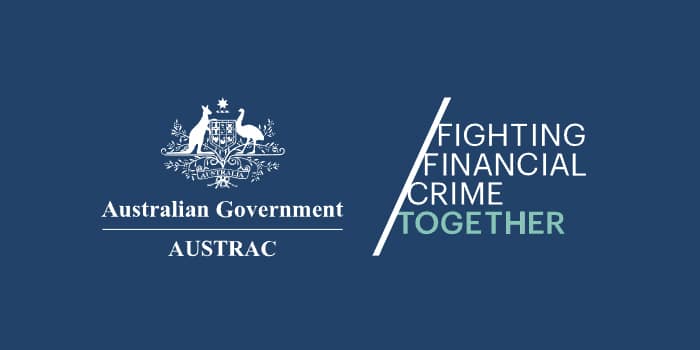
Legal
July 7, 2025
Former SkyCity Executives Sued Over AUSTRAC Penalty
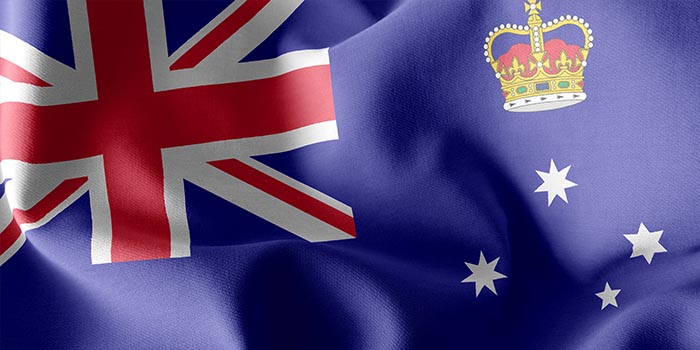
Industry
June 27, 2025
Gambling Harm Costs Victoria, Australia, Over $9B



